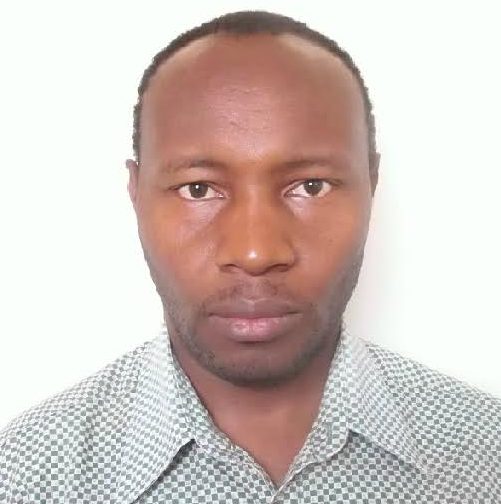NEF Fellow

Jesse Gitaka
Country:Kenya
Area of Research:Medicine
Institution:Mount Kenya University
Jesse works on malaria elimination and prompt diagnosis and management of sub-clinical maternal bacterial infections that lead to adverse pregnancy outcomes such as stillbirths, prematurity, maternal and newborn sepsis, and mortality.
The desire to contribute to new knowledge, solve problems and help others drove Jesse to embark on a career in medical research. His passion in research started at elementary school where he began participating in science congress and clubs, and later developed at high school and university. A year after a medical internship, he joined the Kenya Medical Research Institute – Wellcome Trust Research Program as a physician-investigator in the RTS,S malaria vaccine trials at Kilifi, Kenya. During this time, his interest in molecular biology of infectious diseases grew and he joined Nagasaki University as a research student for a Masters Degree in Tropical Medicine, where he delved into the genetics and molecular studies of malaria.
In 2012, he joined Mount Kenya University as a lecturer whilst pursuing a doctorate in Medical Science at Nagasaki University (lasting from 2012-2017) with his research focusing on the evolutionary genetics and molecular epidemiology of Plasmodium falciparum in Western Kenya.
Since 2015, he has been involved in projects aimed at addressing infectious disease, maternal and newborn health. Additionally, he has published his findings in peer-reviewed journals, including Lancet, New England Journal of Medicine, Plos One, Plos Neglected Tropical Diseases, Plos Pathogen, Malaria journal and others besides poster presentations in at least 16 fora.
Working in Liberia during the Ebola response in 2015, he realized the importance of timely diagnostic capacity in combating infectious diseases. This experience propelled his interest in working on point-of-care diagnostics (POCD) that are relevant to African settings. As a primary care physician in rural Kenya, he witnessed the challenge premature deliveries and newborn mortality poses to society. Merging interests to address these two areas, his team has been working on developing and prototyping point-of-care diagnostics to address infectious diseases and combat premature deliveries which account for 35% of neonatal deaths. Towards this, he has established collaborations with Prof. Nicole Pamme (University of Hull, UK, Point-of-care pathogen detection, funded by Newton-Utafiti Fund), Prof. Catherine Klapperich (Boston University, USA, Rapid and multiplex point-of-care bacteria detection, funded by Africa Academy of Sciences- Grand Challenges Africa), in addition to joint applications with other researchers in Sweden, UK (Oxford and King’s College London), and in Japan and Canada. He and his team are keen to enhance their training and expertise in developing highly sensitive assays and converting tube assays to lab-on-a-chip isothermal platforms with innovative polarising anisotropy detection.
Moreover, his team’s work on malaria is aimed at epidemiology and surveillance for resistant parasites, and the development of highly sensitive assays and research into elimination strategies.
